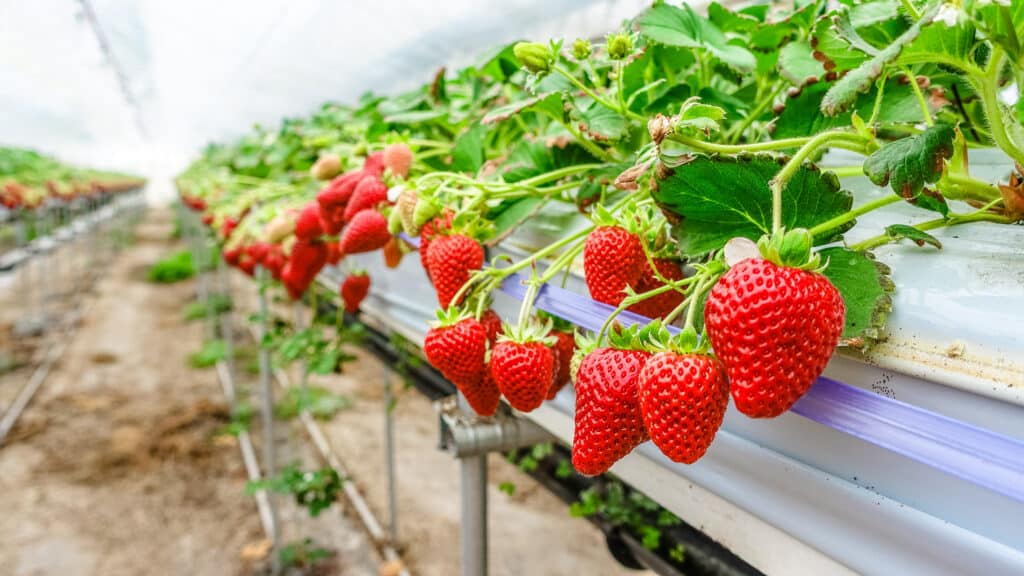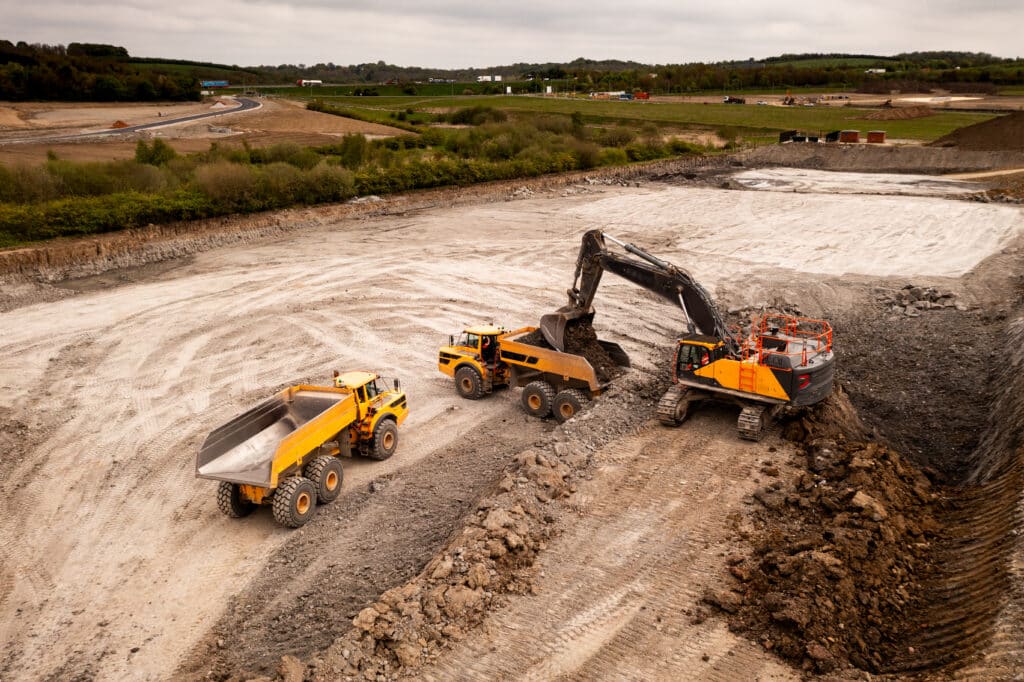Food insecurity is a critical issue that affects millions of people worldwide. Harsh climates, weather shocks, and poor infrastructure, have weakened economies and left many developing regions in varying states of food poverty. To break the cycle of malnutrition, reliable access to secure, safe, and affordable food supplies must be ensured.
Unfortunately, addressing food security is a complex undertaking. One of the primary obstacles to food security is the difficulty in accurately measuring food security and its extent and severity. Food security metrics must consider aspects such as physical access to food, affordability, nutritional quality, climate variability, socioeconomic conditions, and available infrastructure.
It is hard to balance and account for these interconnected aspects through traditional metrics. Measurement strategies that do not account for all of these conditions will inevitably leave gaps in policymakers’ understanding of food insecurity. Moreover, limited access to data and proper measurement techniques further hampers intervention strategies and hinders policymakers’ ability to target resources where they are most needed. To help food security experts tackle this challenge, innovative and accurate strategies for measuring food security must be explored, including more robust data-gathering methodologies and technologies.
The Four Dimensions of Food Security
In an attempt to codify food security and make measuring food security easier, the UN’s Food and Agriculture Organisation (FAO) detailed four dimensions of food security during the 1996 FAO World Food Summit. The four dimensions of food security are:
- Availability: This refers to access to a reliable and consistent source of food. Efforts to improve availability involve increasing food production to match local needs, as well as improving transport and exchange systems to get the food from farms to retail.
- Accessibility: This covers the physical ability to obtain food, including the transportation and economic resources required to deliver enough food to fulfil dietary requirements.
- Utilisation: This describes the ability to turn food into meals for safe and nutritious consumption. It requires that people have access to the space and equipment to store food appropriately and prepare it safely.
- Stability: Food insecurity is often cyclical – stability refers to the need for the above three dimensions to be permanently available and not be subject to weather variations, fluctuations in food prices, or conflicts.
Challenges of measuring food security
These dimensions are key to measuring food security, as they break the issue down into quantifiable categories. However, outside of these established dimensions, there is little in the way of standardised measurement strategies. Currently, there is no agreed upon methodology – the methods that do exist are often region specific, and cannot be scaled worldwide.
Moreover, common measurement systems, such as the Food Security Survey Module (FSSM) and the Four Domain Food Insecurity Scale (4D-FIS) are limited in their coverage of the four dimensions. Designed with developed populations in mind, these systems primarily focus on food accessibility and offer less insights into the other three dimensions of food security. Therefore, these methods are less suitable in developing regions where food stability, availability and utilisation issues are more prevalent.
These methodologies are also qualitative in nature, often consisting of surveys and interviews and are therefore more likely to suffer from subjectivity, limited sample sizes, and inadequate coverage in developing nations.
Tackling the challenges
Several changes to food security measurements may help overcome these challenges and provide more accurate and actionable data.
Firstly, to account for all dimensions of food security, a more holistic and integrative approach is necessary. Through collaboration, policymakers and researchers can develop frameworks that capture the interconnectedness of food security dimensions. Furthermore, international cooperation and knowledge sharing will foster global standardisation, making it easier for countries to compare strategies and results.
Technologies such as satellite imagery and remote sensing can improve data gathering in regions with limited resources and infrastructure. Satellite imagery provides a wealth of data that can assess agricultural productivity, monitor crop health, and predict potential food shortages, while remote sensing can provide improved drought and salinity monitoring.
With these extra data sources, data analytics also becomes a viable option. Big Data analytics and machine learning can integrate diverse new datasets and help develop predictive models and early warning systems for food insecurity.
With these tools, researchers can investigate and model the relationship between weather shocks and food stability. The combination of enormous amounts of quantitative data and machine learning can identify patterns and correlations that traditional methods overlook and enable policymakers to proactively target resources. This data can be gathered remotely without the need for investment in local infrastructure and unlike traditional surveying methods these methods also benefit from real-time data.
Ultimately, a combination of these approaches should be considered by policymakers and researchers when measuring food security. These innovative practices can act as a useful supplement to current methodologies, hopefully leading to more informed decision-making on policies and interventions that effectively address food insecurity.
How we can help
Rising food insecurity is one of the most pressing concerns in the food and agricultural sector and policymakers must leverage the latest in industry analytics and agtech advancements in measuring food security to truly understand the challenges they face.
At Farrelly Mitchell, our food and agribusiness consultants are dedicated to building resilient and secure food supply systems around the world. Our food safety and security experts provide key support to policymakers, helping to shape future policies and regulations. We work with food and agribusinesses, governments, multilaterals, and NGO’s to break the cycle of malnutrition and protect those at risk.
Contact us today to leverage our food security expertise and build stronger food supply chains.














